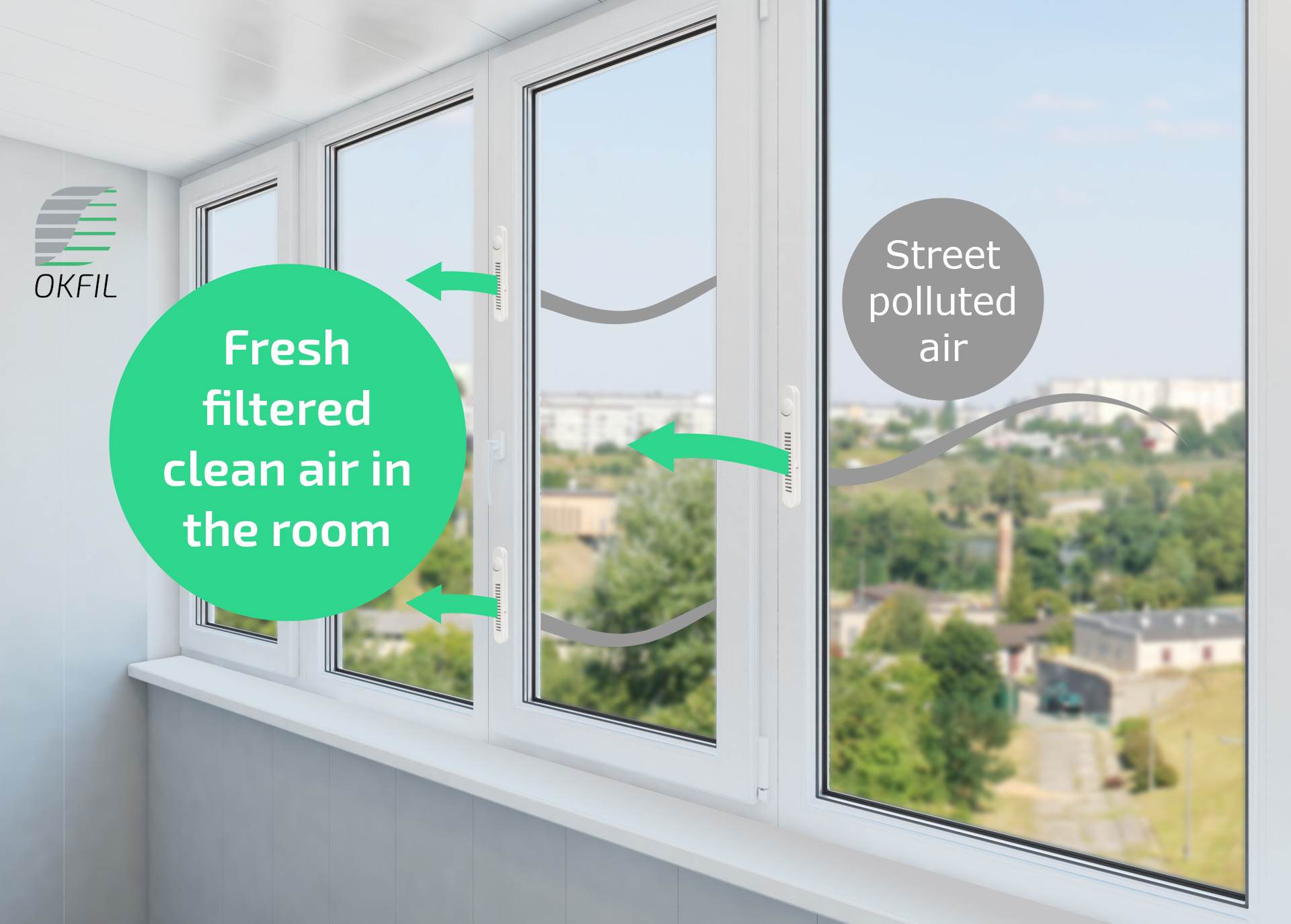Air pollution affects the life expectancy. This is the conclusion reached by scientists from the University of Chicago. They found that polluted air may shorten life for five-six years!
Countries with the most risky situation
India experiences the most difficult situation with air quality. Nepal, Pakistan and Bangladesh are also high-risk areas.
According to the World Health Organization recommendation the average annual level of PM2.5 should not exceed 10 micrograms/m3.
So, the average annual concentration of suspended particles in the air (PM2.5) reaches 70 micrograms/m3 in India — this is the highest indicator in the world. Bangladesh – PM2.5 is 65 micrograms/m3, Nepal – 61 micrograms/m3, Pakistan – 50 micrograms/m3.
Due to air pollution residents of India live nine years less in average!
China’s success since 2013
China has shown that strong Air Pollution Policies can help! Since China started the “war against air pollution” in 2013, it has reduced the pollution by 29 %. As a result, the Chinese have lengthened their life expectancy for about 1,5 years. They managed to reduce PM2. 5 by 29% – up to 37 micrograms/m3. China’s success demonstrates that progress is possible, even in the world’s most polluted countries. More related information is here.
Fossil fuels, climate and wildfires
Besides fossil fuels which are to be reduced urgently, the climate crisis and wildfires make the situation with air pollution worse. Casual chain is simple here: more fossil fuels means wider climate crisis and more wildfires as a consequence.

Air pollution and solution
Please read what the most harmful emissions are in the street air and how to minimize the effect of emissions on the health in our articles Air Pollution and Solution and What May Happen to the Air by 2030?
OKFIL Window Filters – clean air in every house🌿

